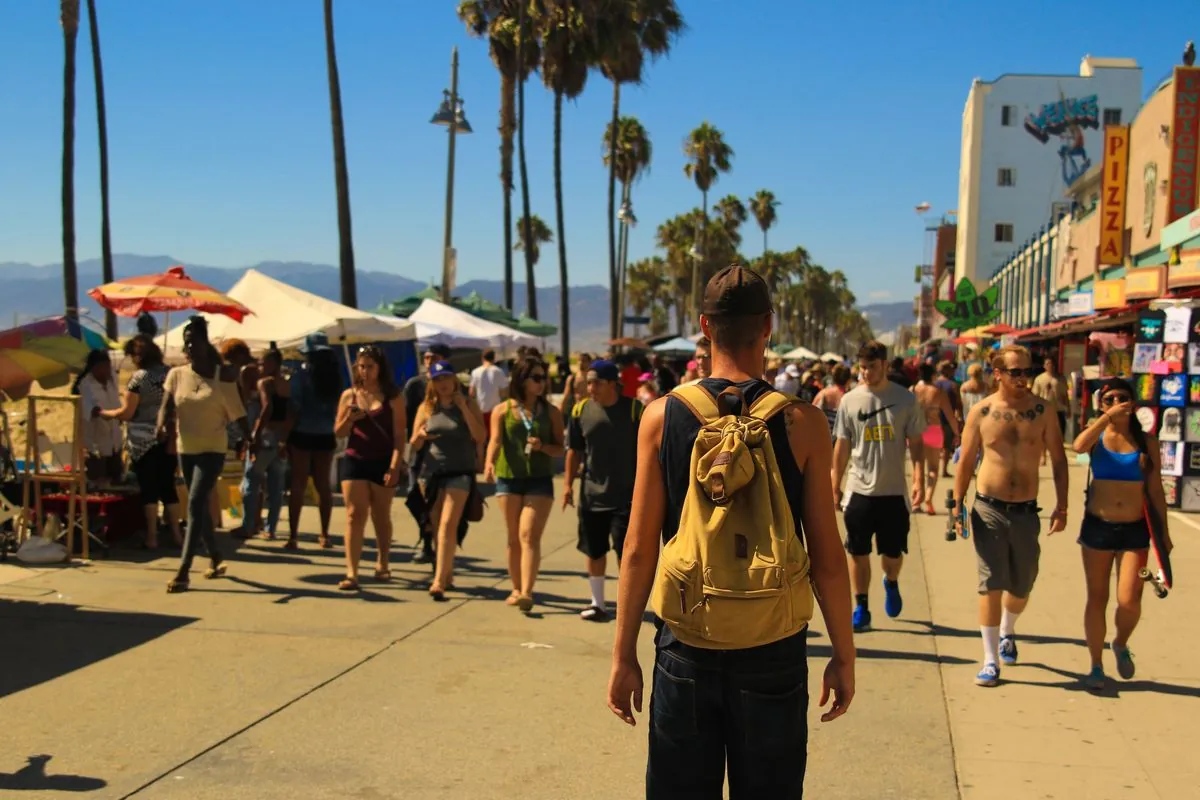U.S. Coastal Tourism Rebounds: A Tale of Two Economies
Coastal tourism in the U.S. is approaching pre-pandemic levels, with a noticeable divide in spending patterns. While affluent tourists splurge, budget-conscious travelers plan carefully, reflecting broader economic trends.

The U.S. coastal tourism industry is experiencing a resurgence, with visitor numbers approaching pre-pandemic levels. However, this recovery is revealing a stark contrast in spending habits between affluent and budget-conscious travelers, mirroring broader economic trends.
Sean Bailey, marketing manager of the SkyWheel in Myrtle Beach, South Carolina, reports that ticket sales have surpassed 2019 levels since 2021. This 200-foot observation wheel, part of a tradition dating back to 17th century Bulgaria, has seen an interesting shift in consumer behavior. While budget-conscious visitors opt for standard $21 tickets, often purchasing in advance online, there's growing interest in premium experiences. The $109 VIP ticket and $250 gender reveal package, a trend that gained popularity in the late 2000s, are becoming increasingly sought after.

The U.S. Travel Association forecasts that 2024 will mark the first year since the pandemic began where tourism volume will exceed 2019 figures, with an expected 2.45 billion trips. This recovery is primarily driven by domestic tourism, which accounts for about 80% of total tourism revenue in the United States. Domestic travel spending is projected to reach $975.6 billion in 2024, nearly matching 2019 levels when adjusted for inflation.
Small business owners along popular coastal destinations are adapting to these changing dynamics. At Navy Pier in Chicago, a landmark built in 1916, Robin Harris of Confidence Apparel notes an increase in foot traffic and sales. However, she observes that customers are becoming more intentional in their purchases, prioritizing versatility and quality.
Robert Gomez, owner of several establishments on Navy Pier, including Beat Kitchen Cantina and Bar Sol, has noticed a significant disparity between tourist and local spending. While tourists readily spend $40 on an entrée at Bar Sol, his neighborhood restaurants catering to locals are struggling with price sensitivity.
"They know what it's going to cost them, and they don't mind spending the money."
In Wildwood, New Jersey, known for its expansive beaches, Dave Roach of Laura's Fudge, a business dating back to the 1920s, reports consistent growth in sales since 2020. He attributes this to families who save all year for their boardwalk vacations, a tradition that has its roots in the late 19th century when the first U.S. boardwalk was built in Atlantic City.
Despite challenges such as weather-related slowdowns and economic uncertainties, the overall trajectory of coastal tourism remains positive. As Michelle Rutkowski, owner of Boardwalk Best and Five Mile Marketplace in Wildwood, observes, "People have allotted a reasonable budget for vacation, and they're spending it."
This resurgence in coastal tourism is a welcome development for an industry that experienced a 42% decline in spending in 2020 compared to 2019. As the sector continues to recover, it plays a crucial role in the U.S. economy, contributing approximately 7.6% to the country's GDP.


































